行山有意義嗎?
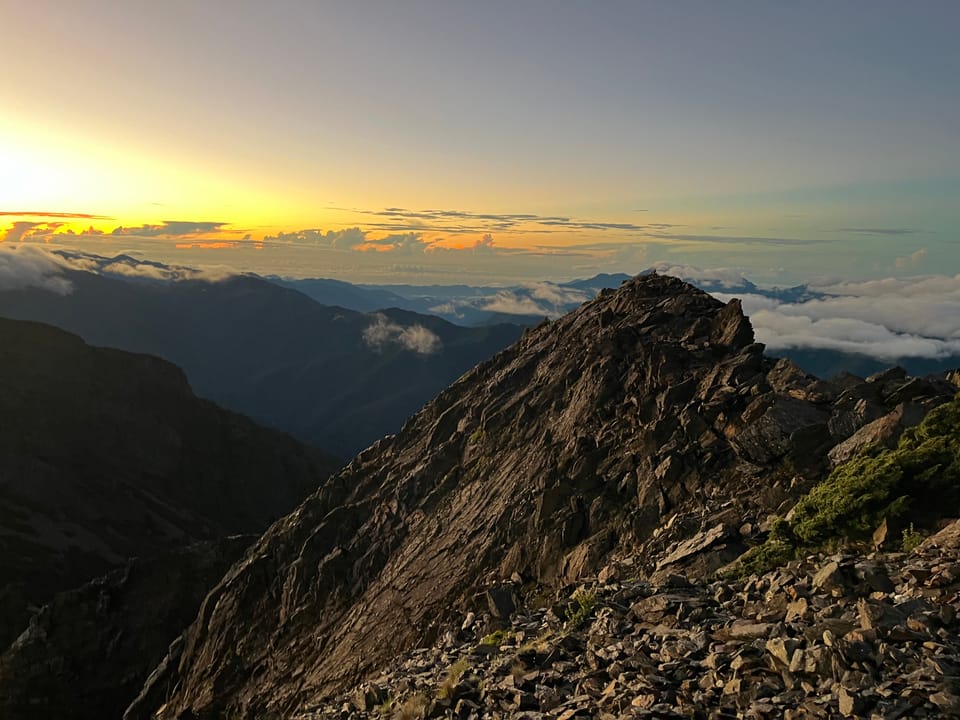
爬山非常辛苦,從市區出發,舟車勞頓,無法好好睡覺,花大量體力,用上幾天,最後回到原點,沒人鼓掌。那,為甚麼還有這麼多人熱愛著這個活動?或,更重要的問題是,為甚麼我還要爬山?
當然,山上的風景無與倫比,在海拔數千米的山頂上,雲層在你之下,你會感受到山的雄偉、世界之大,這種衝擊的景觀,只有山上才能看到。
山上風景令你放下地面的俗事,思考深刻、真正有趣的問題。山存於世界上數百萬年了:以台灣最高山峰玉山為例,地理學家推算,在約100萬年前,由於板塊持續碰撞,地形不斷隆升,終形成台灣高峰玉山主峰(海拔3,952 公尺)。對比人類歷史,人類(Homo Sapiens)約200,000年前出現,最原始的歷史記載出現於5,000年前,耶穌是2000 年前出生,第二次世界大戰發生於80多年前發生。換言之,這座山見証人類誕生、戰爭爆發、所有科技發明、文明興衰,而且比耶穌早一百萬年誕生。再推進一步,這些山不是一直就存在的,約 3 百萬年至 1 百多萬年前,臺灣島才因為板塊聚合、受阻並劇烈擠壓,才從海底隆起。在山上,你無法逃避,必然會想到深刻、有趣的問題,像這個世界是怎樣誕生的,我這麽渺小,在這個世界的意義是甚麼?
Mountains seem to answer an increasing imaginative need in the West. More and more people are discovering a desire for them, and a powerful solace in them. At bottom, mountains, like all wildernesses, challenge our complacent conviction - so easy to lapse into - that the world has been made for humans by humans. Most of us exist for most of the time in worlds which are humanly arranged, themed and controlled. One forgets that there are environments which do not respond to the flick of a switch or the twist of a dial, and which have their own rhythms and orders of existence. Mountains correct this amnesia. By speaking of greater forces than we can possibly invoke, and by confronting us with greater spans of time than we can possibly envisage, mountains refute our excessive trust in the man-made. They pose profound questions about our durability and the importance of our schemes. They induce, I suppose, a modesty in us. – Mountains of the Mind by Robert Macfarlane
可是,天氣難以預料,有時一片矇濃,那大霧的日子、看不見壯麗風景的日子,行山還有意義嗎?
山上天氣有其節奏、自己的安排,變幻莫測,不會考慮登山客。你會學會預備適合的衣物,在同一個旅程面對雨天、雪地、三十度高溫,或當遇上危險時果斷撤退。
山有危險,不論政府如何改善健行路線,行山的本質帶有一定危險,一差錯腳,輕則扭傷、重則跌落萬丈深淵。如何面對風險、前進、保持冷靜、或適時放棄,又是另一門學問。
Hope, fear. Hope, fear - this is the fundamental rhythm of mountaineering. Life, it frequently seems in the mountains, is more intensely lived the closer one gets to its extinction: we never feel so alive as when we have nearly died. – Mountains of the Mind by Robert Macfarlane
爬山讓我了解自己體力,計劃行程,體能鍛練,行走途中,就算累了也要集中精神,一步接一步,知道這是前往終點最快,也是唯一的辦法,這些技能,在漫漫人生路總用得著。
當然,辛苦、掙扎本身是一種意義,可是凡事往這邊看,未免太刻苦,也爬不久。
反而,清晰的目標、可克服的困難、全然的專注,自然帶你進入心流,看似矛盾地,這種辛苦反而帶來最簡單的快樂。
完成一個旅程後,旅程變成回憶、遇上的困難變成你的經驗,改變你大腦的神經連結。雖然回到起點,但你已經有一點點的不一樣了。
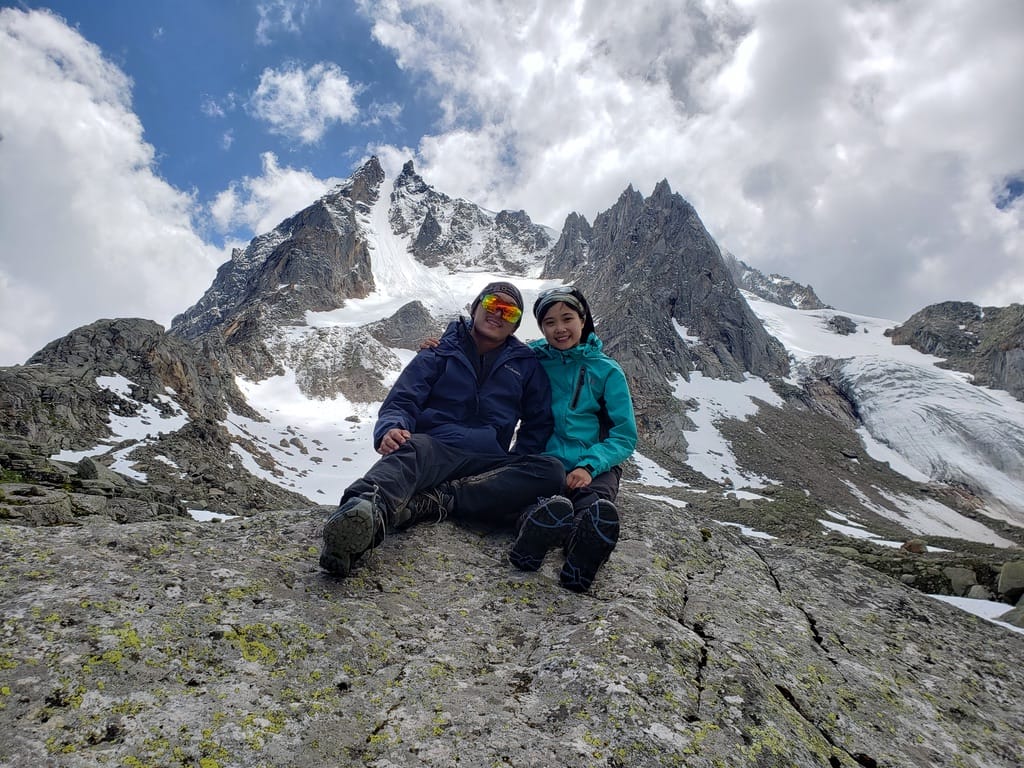
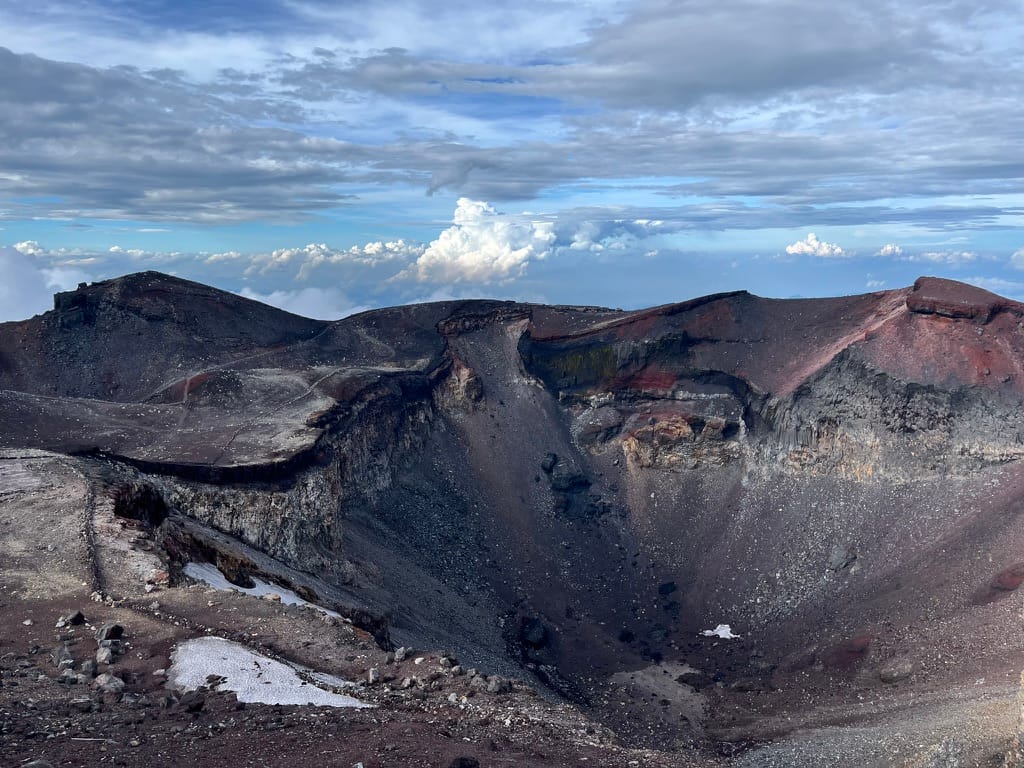

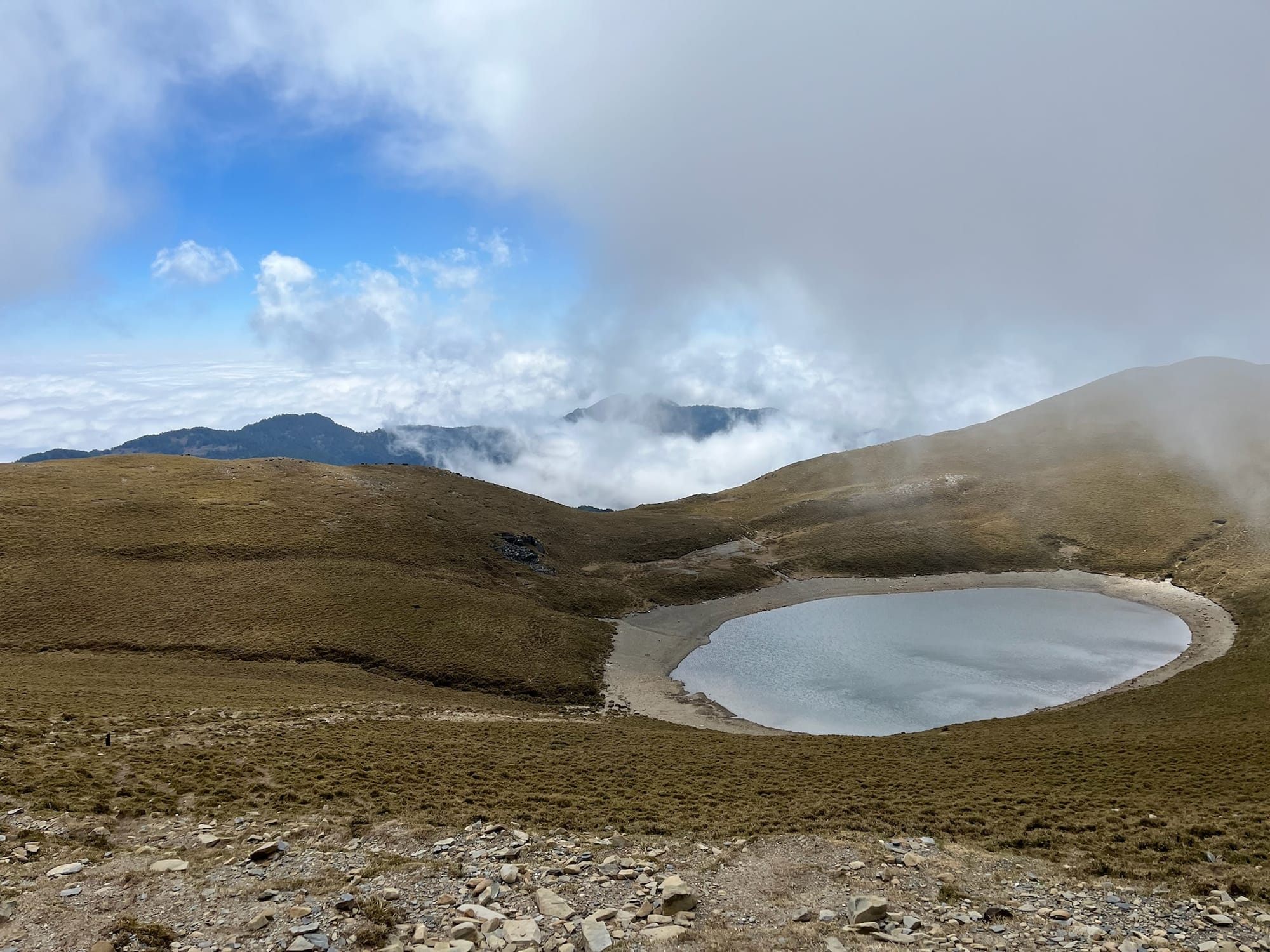
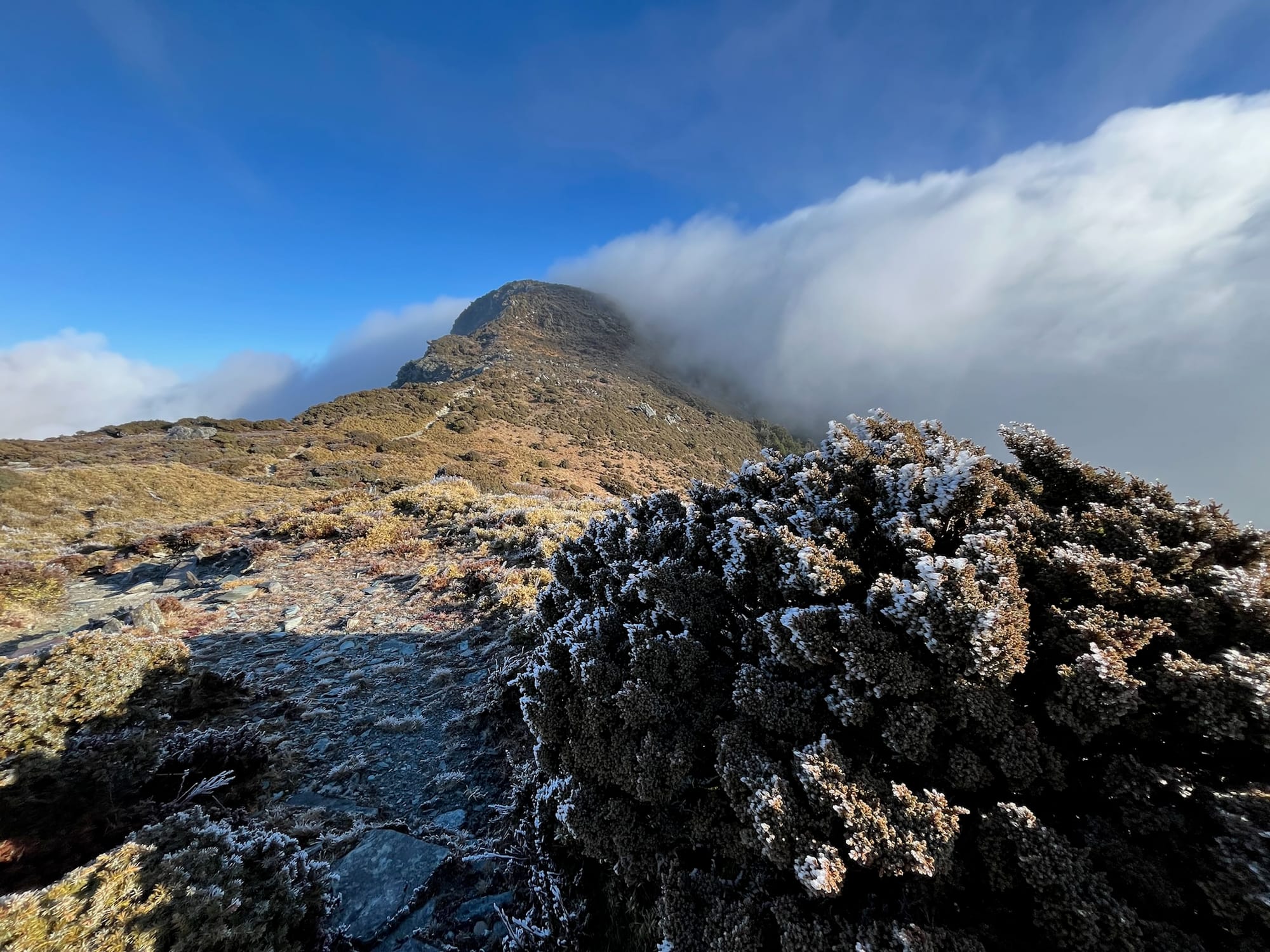
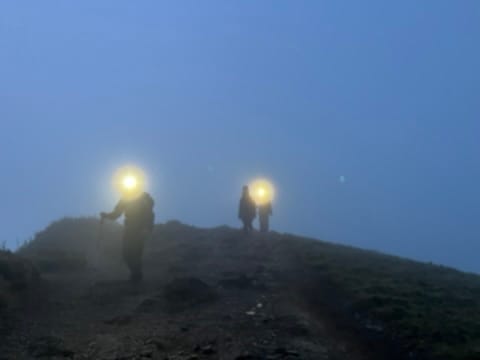
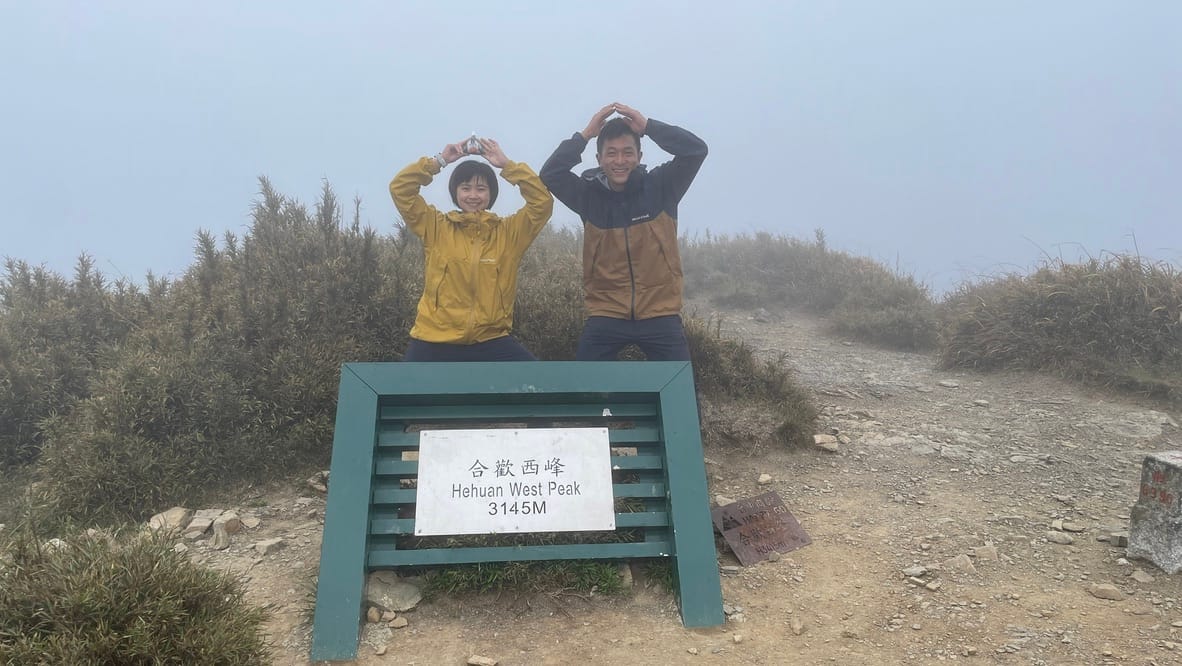
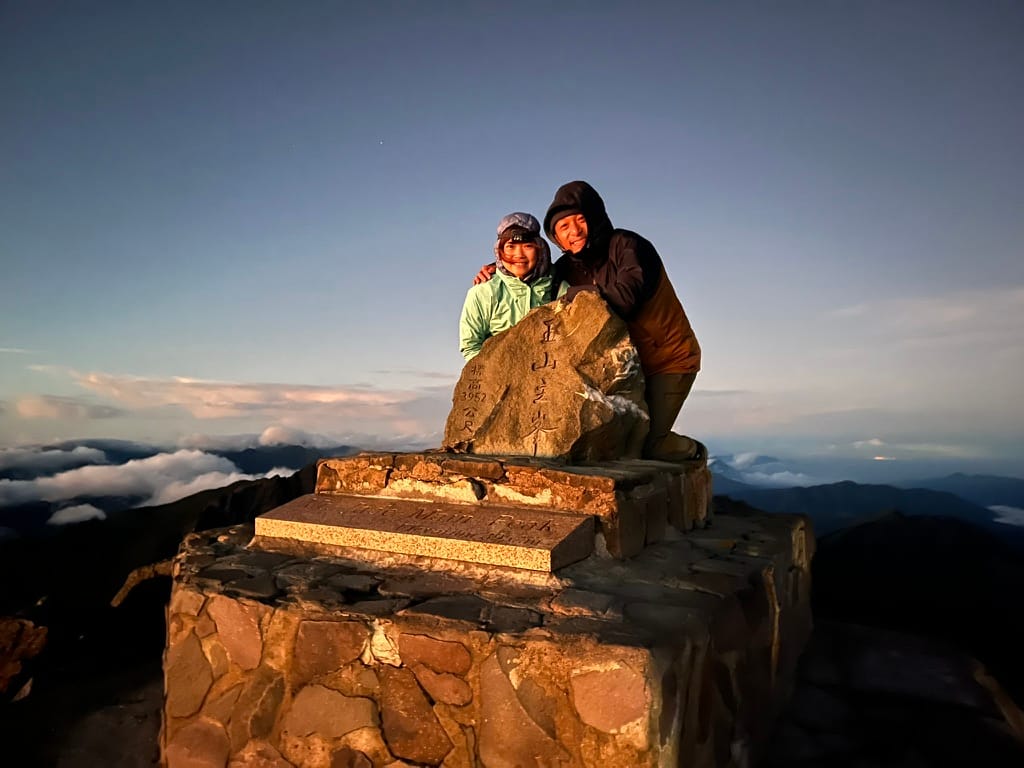

Comments ()